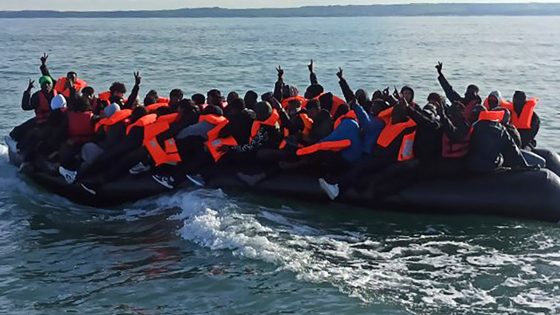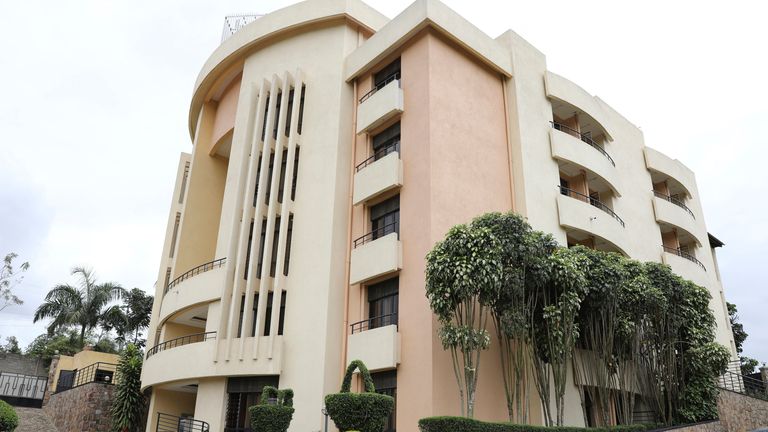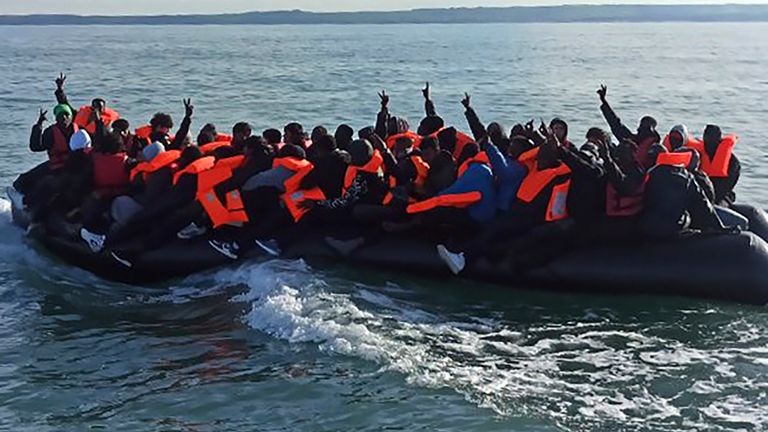Germany is considering sending migrants to Rwanda – weeks after the UK ditched a similar plan.
Migrants deported from Germany could be sent to the same accommodation originally intended for the UK’s now-abandoned scheme, migration minister Joachim Stamp suggested.
German politicians are under pressure to tackle illegal migration after three people were killed by a Syrian national at a festival in Solingen – an attack for which Islamic State has claimed responsibility.
In addition, a far-right party has won a regional election in Germany for the first time since the Second World War.
The threat of deportation to Kigali was intended to deter migrants from crossing the English Channel in small boats.
Should Germany decide to pursue the idea it has only one option at present, Mr Stamp said.
“We currently have no third country that has come forward, with the exception of Rwanda,” he told a podcast by Table Media.
Those most likely to be processed in the African country are people crossing the EU’s eastern borders.
“My suggestion would be that we concentrate on this group – it’s about 10,000 people a year,” Mr Stamp said.
Rwanda has said it is willing to continue pursuing the idea, he added.
Rishi Sunak’s government faced a series of legal challenges to its Rwanda scheme and not a single flight took off.
Sir Keir Starmer, the prime minister, scrapped the plan as soon as Labour came to power in early July.
The scheme cost £700m of taxpayers’ money, the home secretary has said.
Read more:
Home secretary to chair summit on smuggling gangs
Twelve dead after migrant boat sinks in Channel
Regarding the German proposal, a Downing Street spokesperson said they would not comment on discussions between other nations.
“Policies pursued by other countries are a matter for them. Our position with regard to Rwanda is well known,” they added.
Mr Stamp said asylum procedures in Rwanda would be conducted under the supervision of the United Nations.
He has also suggested removing the so-called “connecting element” in the new Common European Asylum System, which currently requires external asylum procedures to be conducted in countries where the asylum seeker has a social connection.
In December, the European Union agreed new rules to handle the irregular arrivals of asylum seekers and migrants.
But it could be the end of 2025 before it takes effect in full.
Source Agencies






